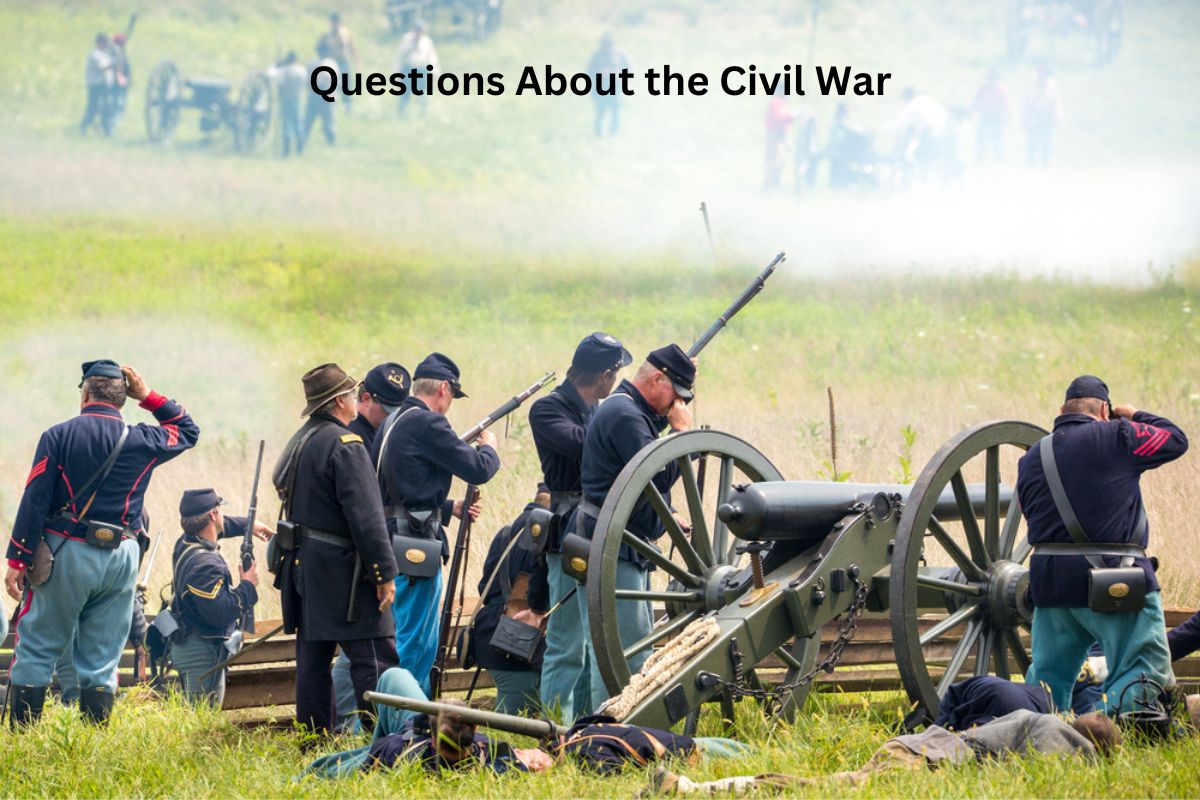Welcome to our lesson on the American Civil War, one of the most pivotal and consequential events in American history.
This period of conflict, which lasted from 1861 to 1865, fundamentally reshaped the nation, tested its core principles, and resulted in profound changes in the years that followed.
Today, we will embark on a journey to understand the causes, key figures, battles, and consequences of this historic conflict. To guide our exploration, we’ve prepared a series of multiple-choice questions that will serve as the foundation for our discussion.
These questions will help us delve into the complexities of the Civil War, from its origins to its aftermath. Let’s begin our exploration by tackling these questions one by one, gaining a deeper insight into this transformative chapter in American history.
American Civil War Questions
1. When did the American Civil War begin?
- a) 1850
- b) 1861
- c) 1865
- d) 1870
2. Which event triggered the outbreak of the Civil War?
- a) The Missouri Compromise
- b) The Emancipation Proclamation
- c) The Battle of Fort Sumter
- d) The Dred Scott Decision
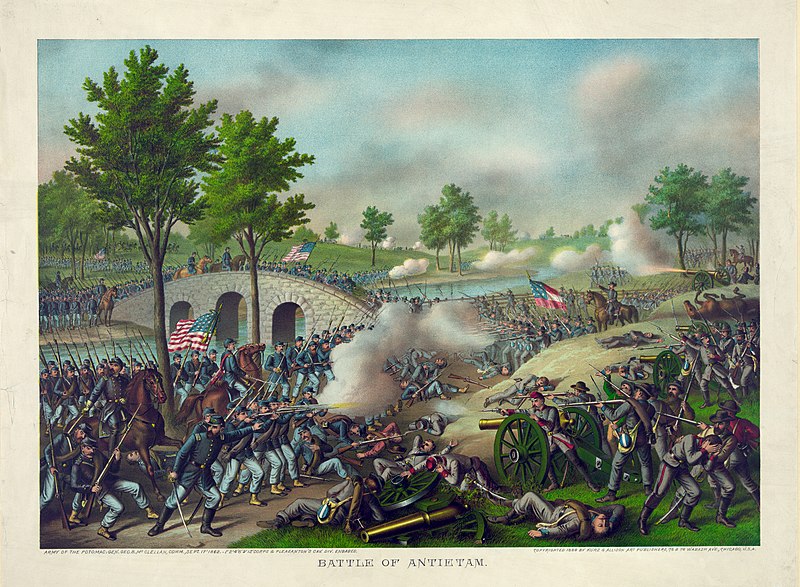
3. Who was the President of the Confederate States of America?
- a) Abraham Lincoln
- b) Thomas Jefferson
- c) Robert E. Lee
- d) Jefferson Davis
4. What was the main issue that divided the North and the South during the Civil War?
- a) Slavery
- b) Taxation
- c) States’ rights
- d) Trade tariffs
5. Which side had a greater population and industrial advantage during the Civil War?
- a) The North
- b) The South
- c) Both sides were equally matched
- d) It varied throughout the war
6. Which famous Civil War battle is often considered the turning point of the conflict?
- a) Battle of Bull Run
- b) Battle of Gettysburg
- c) Battle of Antietam
- d) Battle of Vicksburg
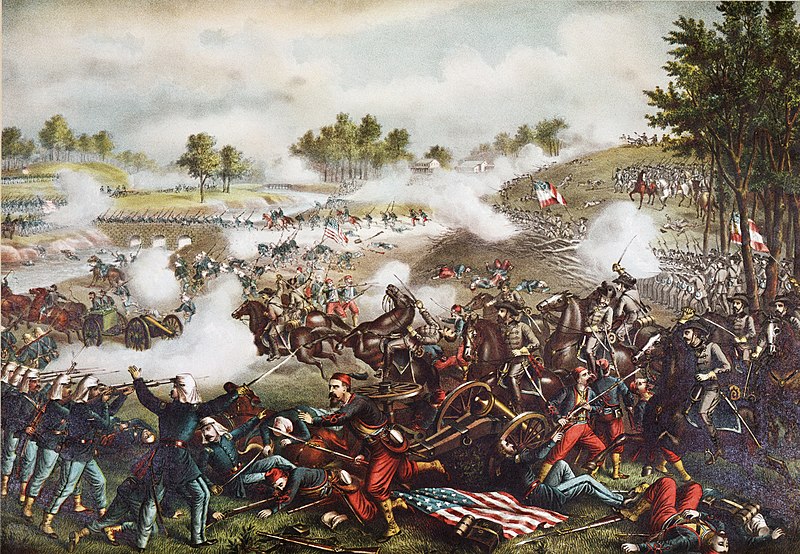
7. Who was the commanding general of the Confederate Army?
- a) Ulysses S. Grant
- b) Robert E. Lee
- c) Stonewall Jackson
- d) William Tecumseh Sherman
8. Which battle marked the first large-scale clash between Union and Confederate forces?
- a) Battle of Shiloh
- b) Battle of Chickamauga
- c) Battle of Chancellorsville
- d) Battle of Fredericksburg
9. What was the main objective of the Emancipation Proclamation issued by President Lincoln?
- a) To abolish slavery in the United States
- b) To free all enslaved people in the South
- c) To encourage foreign countries to support the Union
- d) To end the war immediately
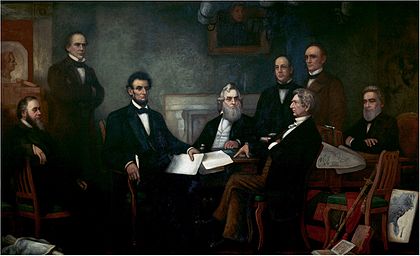
10. Which state was the first to secede from the Union in 1860?
- a) Virginia
- b) South Carolina
- c) Texas
- d) Georgia
11. What was the significance of the Battle of Appomattox Court House?
- a) It was where General Lee surrendered to General Grant, effectively ending the Civil War.
- b) It was the first major battle of the Civil War.
- c) It was where President Lincoln delivered the Gettysburg Address.
- d) It was the site of the Confederate capital during the war.
12. Which side had more significant naval power during the Civil War?
- a) The North
- b) The South
- c) Both sides had equal naval power
- d) Neither side had a significant naval presence
13. What was the nickname given to the Union’s strategy of dividing the Confederacy by controlling the Mississippi River?
- a) The Anaconda Plan
- b) The Sherman Plan
- c) The Lee Strategy
- d) The Gettysburg Tactic

14. Who assassinated President Abraham Lincoln?
- a) John Wilkes Booth
- b) Lee Harvey Oswald
- c) Charles Guiteau
- d) John Hinckley Jr
15. What was the significance of the Battle of Bull Run (First Battle of Manassas)?
- a) It was the first major battle of the Civil War.
- b) It was where General Lee surrendered to General Grant.
- c) It was the battle that led to the Emancipation Proclamation.
- d) It was the final battle of the Civil War.
16. What was the name of the famous speech delivered by President Lincoln at the dedication of the Soldiers’ National Cemetery in Gettysburg?
- a) The Declaration of Independence
- b) The Gettysburg Address
- c) The Emancipation Proclamation
- d) The Lincoln Memorial Speech
17. Who was the Union general known for his “March to the Sea” and devastating campaigns in Georgia and the Carolinas?
- a) Robert E. Lee
- b) Stonewall Jackson
- c) Ulysses S. Grant
- d) William Tecumseh Sherman
18. What was the main cause of death for soldiers during the Civil War?
- a) Disease
- b) Battle wounds
- c) Starvation
- d) Poisoning
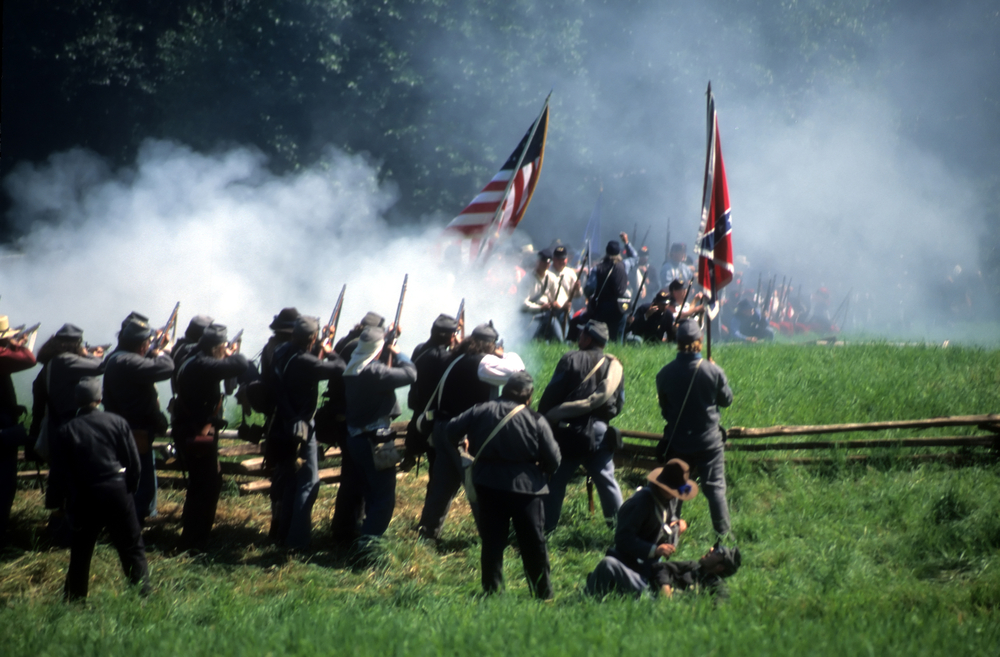
19. Which Confederate general was known for his audacious raids and “Stonewall” nickname?
- a) Jefferson Davis
- b) Robert E. Lee
- c) Stonewall Jackson
- d) P.G.T. Beauregard
20. What was the significance of the Battle of Antietam?
- a) It was the bloodiest single day of the Civil War.
- b) It was the first battle of the Civil War.
- c) It was where General Lee surrendered to General Grant.
- d) It marked the beginning of the Reconstruction era.
21. What was the name of the ironclad warship used by the Confederacy during the Civil War?
- a) USS Monitor
- b) USS Merrimack
- c) USS Alabama
- d) USS Constitution
22. Who was the Union general who led the capture of Vicksburg, Mississippi, a major Confederate stronghold?
- a) Robert E. Lee
- b) Ulysses S. Grant
- c) Stonewall Jackson
- d) William Tecumseh Sherman
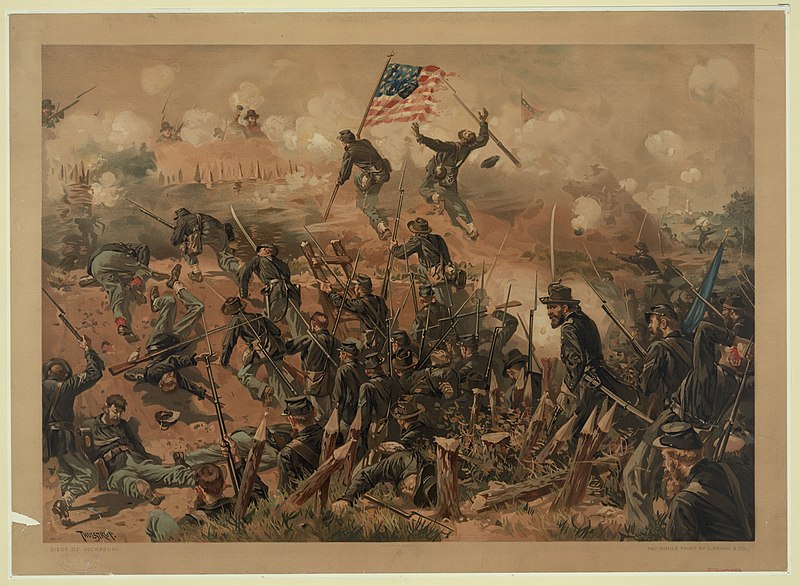
23. Which Confederate general famously led a daring raid deep into Union territory in 1863, which ended in defeat at the Battle of Gettysburg?
- a) P.G.T. Beauregard
- b) Stonewall Jackson
- c) Robert E. Lee
- d) Jubal Early
24. What was the result of the Civil War in terms of slavery?
- a) Slavery was immediately abolished throughout the United States.
- b) Slavery continued in the South until 1900.
- c) Slavery was abolished in the Confederacy but remained legal in the Union.
- d) Slavery was abolished in the Confederate states and eventually throughout the United States with the 13th Amendment.
25. Which state was the last to secede from the Union, doing so in 1865?
- a) Alabama
- b) Mississippi
- c) Texas
- d) Tennessee
